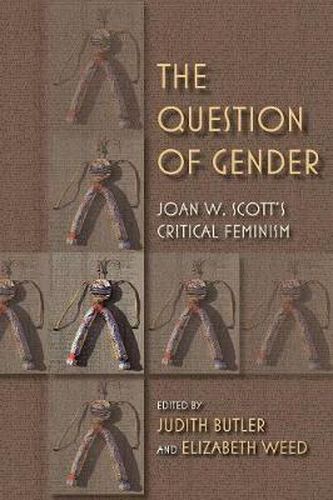Readings Newsletter
Become a Readings Member to make your shopping experience even easier.
Sign in or sign up for free!
You’re not far away from qualifying for FREE standard shipping within Australia
You’ve qualified for FREE standard shipping within Australia
The cart is loading…






A generation after the first publication of Joan W. Scott’s influential essay, Gender: A Useful Category of Historical Analysis, this volume explores the current uses and valences of the term–and the ongoing influence of Scott’s work in history and other disciplines. Leading scholars from history, philosophy, literature, art history, and other fields examine how gender has translated into their own disciplinary perspectives. How has the study of gender, independently or in conjunction with other axes of difference such as race, class, and sexuality, inflected existing fields of study and created new ones? To what extent has this concept modified or been modified by related paradigms such as womens’ and queer studies? With what discursive politics does the term engage, and with what effects? In what settings, and through what kinds of operations and transformations, can gender remain a useful category in the twenty-first century?
$9.00 standard shipping within Australia
FREE standard shipping within Australia for orders over $100.00
Express & International shipping calculated at checkout
A generation after the first publication of Joan W. Scott’s influential essay, Gender: A Useful Category of Historical Analysis, this volume explores the current uses and valences of the term–and the ongoing influence of Scott’s work in history and other disciplines. Leading scholars from history, philosophy, literature, art history, and other fields examine how gender has translated into their own disciplinary perspectives. How has the study of gender, independently or in conjunction with other axes of difference such as race, class, and sexuality, inflected existing fields of study and created new ones? To what extent has this concept modified or been modified by related paradigms such as womens’ and queer studies? With what discursive politics does the term engage, and with what effects? In what settings, and through what kinds of operations and transformations, can gender remain a useful category in the twenty-first century?